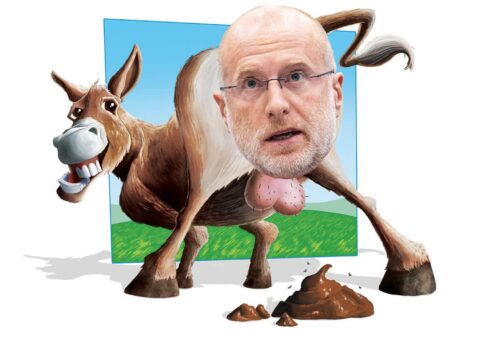We Can’t Bomb Our Way to Peace
In late 2003, as our nation’s worst foreign policy disaster was beginning to unfold in Iraq, then-Defense Secretary Donald Rumsfeld sent a memo to his top advisers asking how the United States would know whether it was “winning or losing the Global War on Terror.”
“Are we capturing, killing or deterring and dissuading more terrorists every day than the…radical clerics are recruiting, training and deploying against us?” Rumsfeld wondered. “The harder we work, the behinder we get.” He noted the Pentagon’s “mixed results” in the fight against al-Qaeda, “slower progress” against the Taliban and, “with respect to the Ansar al-Islam, we are just getting started.”
More than a decade of virtually nonstop bombing later, the fight against al-Qaeda has met with moderate, if still mixed, success. The Taliban is rising in both Afghanistan and Pakistan, while Ansar al-Islam merged with the extremist group now known as ISIS.
Not only is the U.S. still bombing; it’s also enlisting other nations to do the same. Yet the perceived terror threat remains as real as ever to many Americans. Perhaps it’s not a matter of working harder but working smarter. As longtime FBI agent, 9/11 whistleblower and Time’s 2002 Person of the Year Coleen Rowley told me recently, we should recall the lesson of Vietnam: “There is no way to bomb your way to peace.”
























